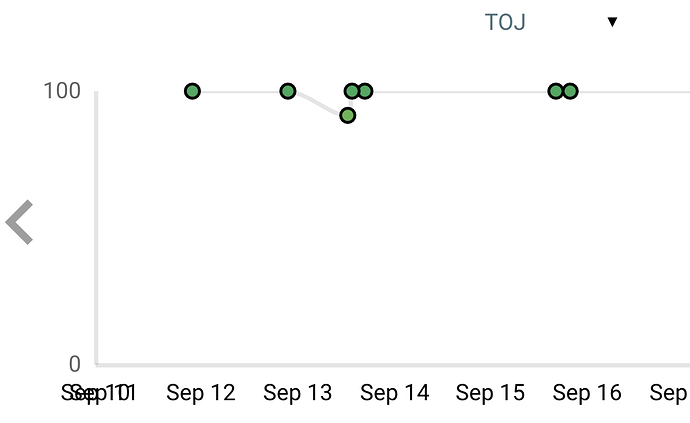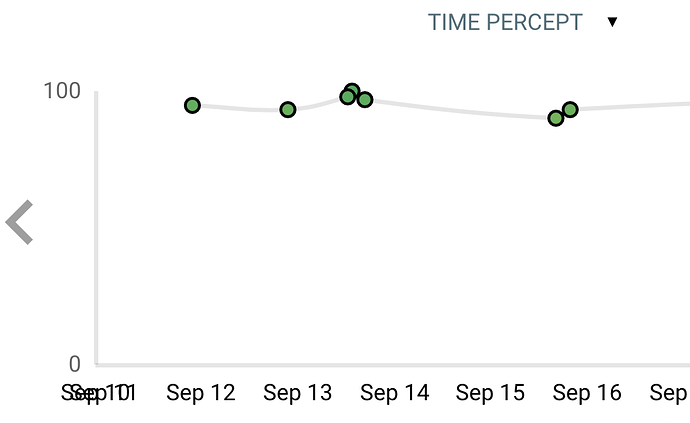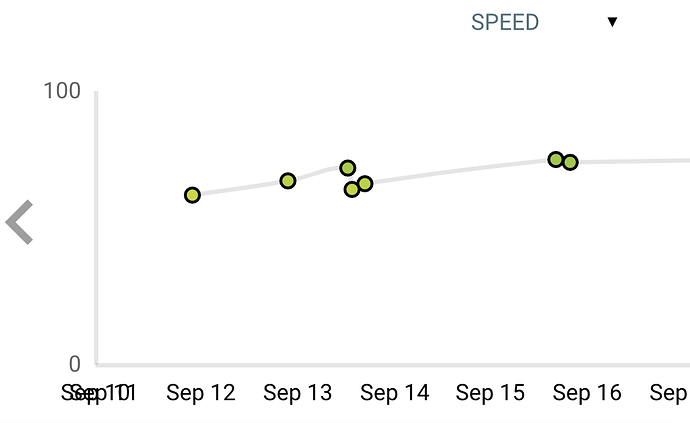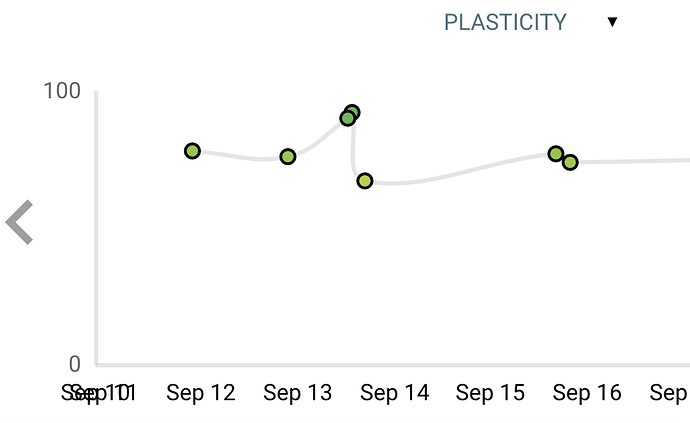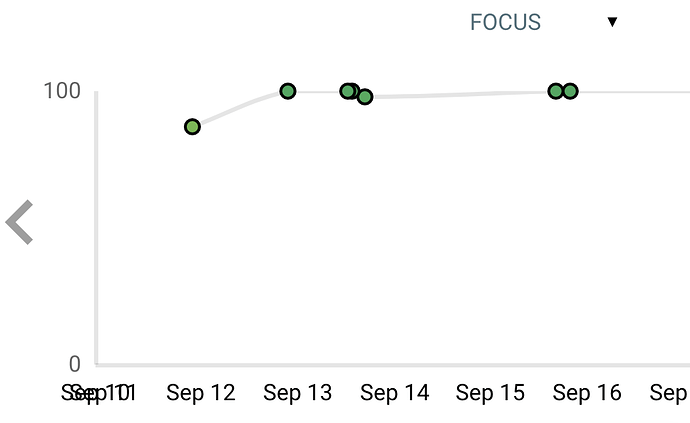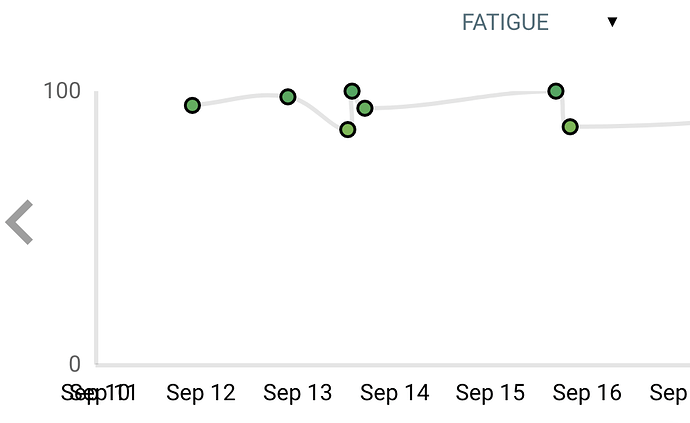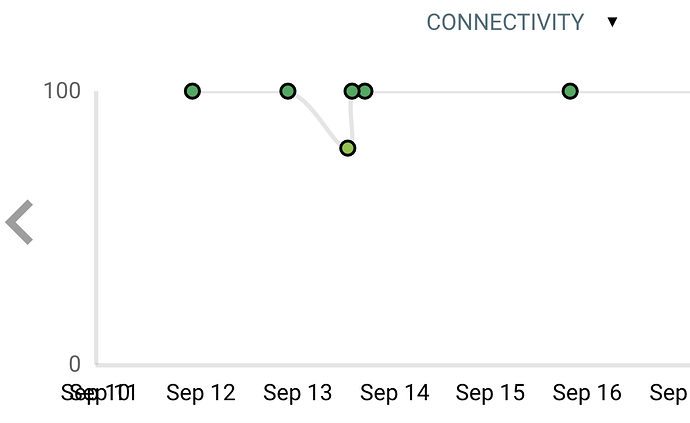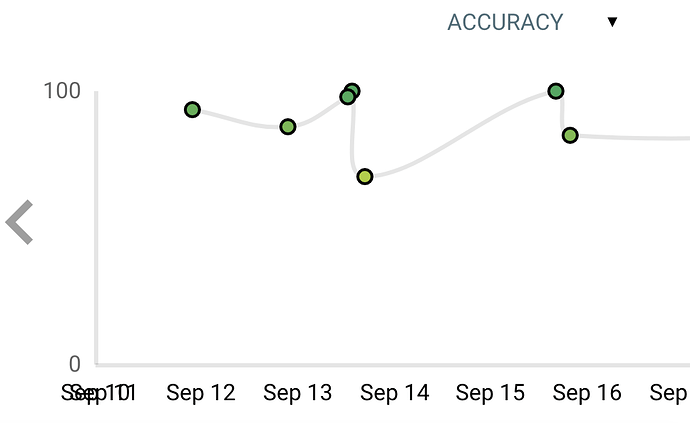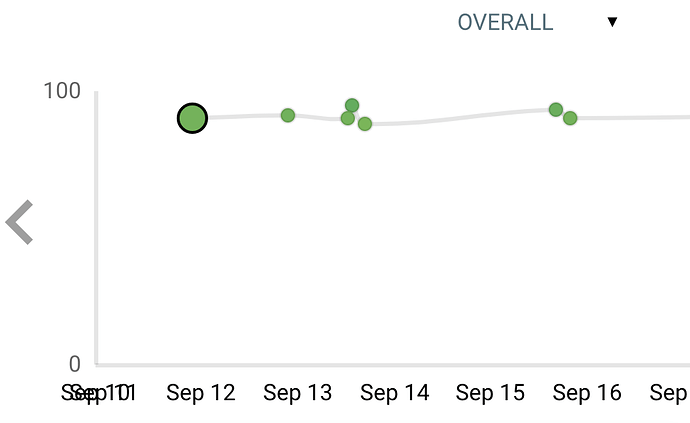Hi all! I’m eagerly awaiting a Brain Gauge in the mail - and am trying to determine how best to use it once it arrives. I’m especially interested in using it as a self-hack tool, to help figure out an ideal protocol for using the ICES on my head to improve cognition.
I may be taking this out of context, but the Cortical Metrics website mentions that one of the BG’s advantages is that it doesn’t require a baseline assessment to be taken. how Does the brain Gauge Measure up to other methods?
I’m not sure I’m phrasing the question quite right, but basically I’m curious about how much normal, day-to-day fluctuation a person would expect to find in their results if they tested themselves every day or multiple times a day. I understand that sleep, diet, exercise, fatigue, etc. can all strongly modulate cognitive behaviour… so I’m guessing that it would be normal to see a relatively wide range of results depending on each of those moment-to-moment factors. Of course, this could make it tricky to determine whether (for example) placing the ICES coils on a certain part of the head was what generated a certain fluctuation in scores… which is why I’m thinking it would probably be best to use the BG daily for a week or so before trying anything with the ICES - to get a baseline read.
Has anyone else tried this out and/or tried testing themselves multiple times a day? @Mark - Am I taking the line from your whitepaper out of context? Would you still recommend gathering a baseline reading - and if so, how long would you recommend gathering if for?
On a related note, how frequently could a person theoretically test themselves before some amount of test-learning / test-adaptation takes place? Basically, can users become better at taking the test by taking it too frequently? This is often an issue other forms of cognitive assessment… so I’m curious whether there’s any data on how often would be too often with the BG.
Thanks for your help!
